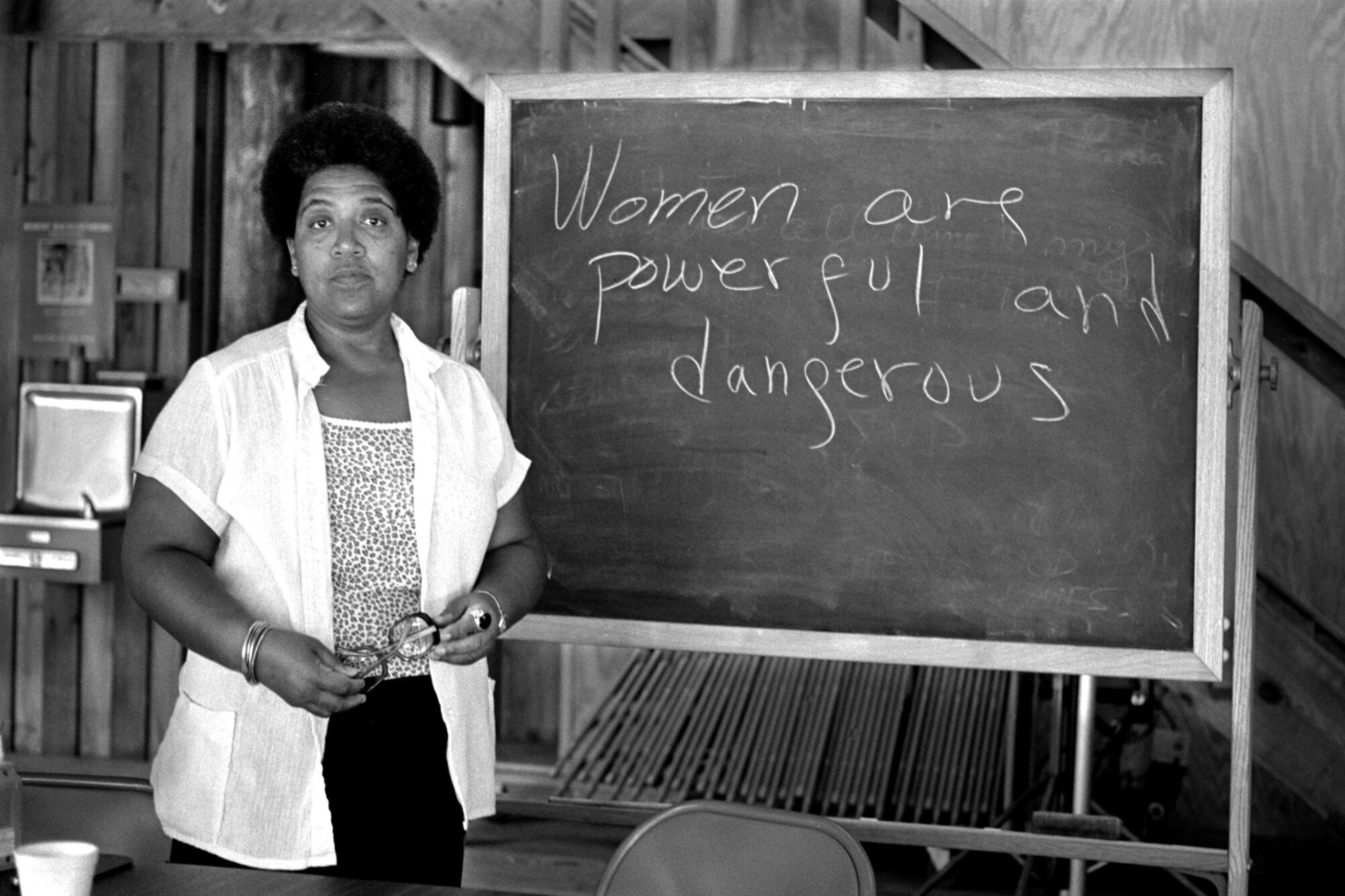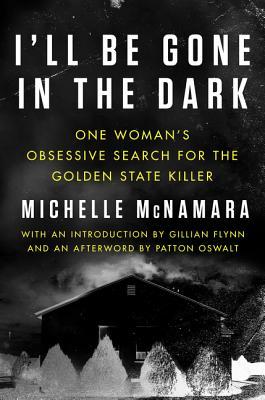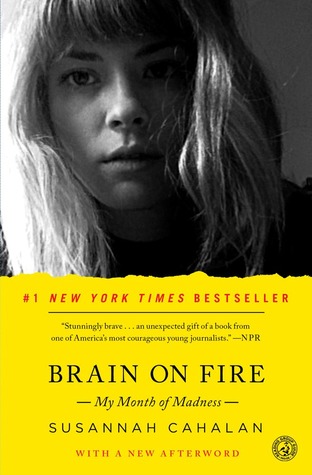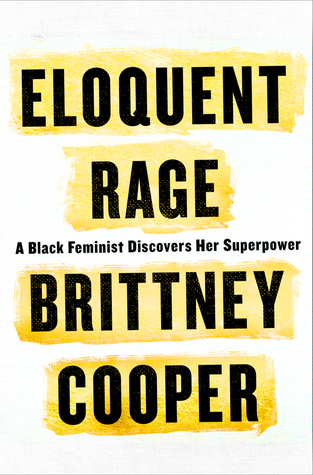I'll Be Gone in the Dark
by Michelle McNamara
Pub Feb 2018
Short version: A riveting read. Truly compelling (& horrifying) write up on the history of the Golden State Killer's crimes and investigation. But I have lots of mixed feelings anyway.
Long Version: On the one hand, I relate to the author's spiral into obsession with serial murder mysteries. In fact, I recently came across my middle-to-high school diary and a good chunk of it was devoted to cracking the Zodiac Killer's cryptograms. (Though I can't say my motivations were very noble, I was just fascinated with catching a glimpse into the deepest darkest crevasses of humanity. Plus I fucking loved ciphers). After undergrad, I even considered applying to graduate programs focused on psychopathology research. So from that angle, I was completely hooked on this text. It's clearly a thorough, thoughtful account meant to shine a light one of the most heinous criminals in recent US history.
Yet somehow despite all of that, the book still left me a bit unsettled. First of all, I wasn't expecting this to be part memoir. When she started going on about her own life and childhood I was genuinely worried she was going to weave herself into the entirety of the book, but thankfully it was just to give some background or establish context here and there. Beyond that, I'm generally suspicious of media riding this new "true crime" wave. It just feels... exploitative. McNamara sort of addresses this early on saying, “...I’ve always been aware of the fact that, as a reader, I am actively choosing to be a consumer of someone else’s tragedy. So like any responsible consumer, I try to be careful in the choices I make. I read only the best: writers who are dogged, insightful, and humane.”
But even with her sensitive portrayal of the victims, the book still feels like it exists purely as a vehicle to showcase her writing. That or she wanted tangible justification for how much of her life she let this investigation consume. She did good work and she kept the case fresh in people's minds: I think the point of this book was to continue to keep the narrative alive, reaching as large an audience as possible in an effort to track down more clues. But man, sometimes her "insight" was so amateur I'd literally cringe.
Now this could totally be the bias of hindsight, but it honestly doesn't seem like anything she contributed-- her hours and hours of combing through files and interviewing detectives and compiling insane amounts of data-- actually did anything to progress the investigation. The lead investigator was on the right track all on his own, it was just a matter of time.
Thursday, June 21, 2018
Saturday, June 16, 2018
The Idiot
by Elif Batuman
Published: March 2017
If you have the chance to read this while laying on a towel in your backyard — or whatever lets you relive your favorite adolescent summer breaks — I highly recommend it. Nothing throws me back into past versions of myself like a well-written bildungsroman with an endearingly naive but resilient protag.
College freshman Selin is learning to navigate elite university life in the 90's. She’s overanalyzing art and film, deconstructing theories of psycholinguistics and making friends with every fun ivy league stereotype along the way.
I get why this got nominated for a Pulitzer, Batuman has a thoughtful, observant way of capturing the world that was pleasantly refreshing. So maybe there are bits that got a little slow or parts where you just wanna shake the main character (until you remember what it was like to be 19 and allow some empathy... for her and for your own past self). To keep this spoiler free, I will just say that I found the ending to be very upsetting until I had a good think about how the main character would have felt about it. And then I had a good laugh. Well played.
by Elif Batuman
Published: March 2017
If you have the chance to read this while laying on a towel in your backyard — or whatever lets you relive your favorite adolescent summer breaks — I highly recommend it. Nothing throws me back into past versions of myself like a well-written bildungsroman with an endearingly naive but resilient protag.
College freshman Selin is learning to navigate elite university life in the 90's. She’s overanalyzing art and film, deconstructing theories of psycholinguistics and making friends with every fun ivy league stereotype along the way.
I get why this got nominated for a Pulitzer, Batuman has a thoughtful, observant way of capturing the world that was pleasantly refreshing. So maybe there are bits that got a little slow or parts where you just wanna shake the main character (until you remember what it was like to be 19 and allow some empathy... for her and for your own past self). To keep this spoiler free, I will just say that I found the ending to be very upsetting until I had a good think about how the main character would have felt about it. And then I had a good laugh. Well played.
Thursday, June 14, 2018
Brain on Fire
Brain on Fire: My Month of Madness
by Susanna Cahalan
Published: Aug 2013
With this memoir, Susanna Cahalan accomplishes the extremely intimate and humbling task of piecing together her firsthand experience with an inexplicable and disabling illness. She suffers from seizures, paranoid hallucinations, and alexia (an inability to read) but perhaps the most unsettling aspect is that even top neurologists were at a loss in determining the cause. Though the bulk of her time inpatient escapes her memory, she puts her New York Post reporting skills to work, examining hospital security video, interviewing doctors and nurses and family members (who knew The Post wrote about more than nonsense celebrity gossip?). She does an excellent job of introducing and explaining medical and psychological terminology throughout the text making it an excellent candidate for required reading.
As someone who administers neuropsychological assessments for research studies, it was really interesting to get the patient's perspective on cognitive testing. She captures the frustration and the effort it takes to trudge through the mental fogginess incredibly (is it a spoiler to reveal her diagnosis? Here it is anyway, for the curious: Anti-NMDA-receptor autoimmune encephalitis.). The whole experience was also a piercing glance into the american healthcare system, and research-based western medicine as a whole: the terrifying reality that no matter how far we've come in understanding the human body, there is still so much we have yet to learn.
The whole narrative is reminiscent of Jill Bolte Taylor's Stroke of Insight - a memoir written by a neuroanatomist who experiences a stroke. But I personally enjoyed Cahalan's write up SO MUCH MORE. Where Bolte Taylor uses the experience to confirm the existence of a higher power and feed her spirituality, Cahalan reflects more on the existential chaos that is first-person experience, our chaotic construction of reality via perception and the fallibility of memory. Now that's my jam.
SaveSave
by Susanna Cahalan
Published: Aug 2013
With this memoir, Susanna Cahalan accomplishes the extremely intimate and humbling task of piecing together her firsthand experience with an inexplicable and disabling illness. She suffers from seizures, paranoid hallucinations, and alexia (an inability to read) but perhaps the most unsettling aspect is that even top neurologists were at a loss in determining the cause. Though the bulk of her time inpatient escapes her memory, she puts her New York Post reporting skills to work, examining hospital security video, interviewing doctors and nurses and family members (who knew The Post wrote about more than nonsense celebrity gossip?). She does an excellent job of introducing and explaining medical and psychological terminology throughout the text making it an excellent candidate for required reading.
As someone who administers neuropsychological assessments for research studies, it was really interesting to get the patient's perspective on cognitive testing. She captures the frustration and the effort it takes to trudge through the mental fogginess incredibly (is it a spoiler to reveal her diagnosis? Here it is anyway, for the curious: Anti-NMDA-receptor autoimmune encephalitis.). The whole experience was also a piercing glance into the american healthcare system, and research-based western medicine as a whole: the terrifying reality that no matter how far we've come in understanding the human body, there is still so much we have yet to learn.
The whole narrative is reminiscent of Jill Bolte Taylor's Stroke of Insight - a memoir written by a neuroanatomist who experiences a stroke. But I personally enjoyed Cahalan's write up SO MUCH MORE. Where Bolte Taylor uses the experience to confirm the existence of a higher power and feed her spirituality, Cahalan reflects more on the existential chaos that is first-person experience, our chaotic construction of reality via perception and the fallibility of memory. Now that's my jam.
SaveSave
Labels:
book review,
female writer,
memoir,
memory,
nonfiction,
reading is fun
Thursday, March 8, 2018
Cambridge University Press celebrates Intl Women's Day... sort of
For the month of March, Cambridge University Press is highlighting female writing across a wide range of disciplines (STEM, History, Feminism, Gender&Law/Politics/Religion).
Available here: www.cambridge.org/IWD2018
They are showcasing topics and authors that might not be on everyone's radar, but despite the misleading headline, these are not all available for free. Readers will have access to select chapters of select books as well as some journal articles and blog posts. So in the end, it's a neat round up of works where an unfortunately small portion has actually been made available to download/read. But if you have time to browse - have fun!
Sidenote: don't even bother with the Women in Computer Science section that they FEATURED ON THEIR HOMEPAGE because it's empty. Come on, guys.
Available here: www.cambridge.org/IWD2018
They are showcasing topics and authors that might not be on everyone's radar, but despite the misleading headline, these are not all available for free. Readers will have access to select chapters of select books as well as some journal articles and blog posts. So in the end, it's a neat round up of works where an unfortunately small portion has actually been made available to download/read. But if you have time to browse - have fun!
Sidenote: don't even bother with the Women in Computer Science section that they FEATURED ON THEIR HOMEPAGE because it's empty. Come on, guys.
Labels:
female writer,
reading is fun
Saturday, February 24, 2018
Eloquent Rage: A Black Feminist Discovers Her Superpower
"When Beyoncé tells all the fly chicks to get in formation, she is asking us to get our shit together so we can do the work that needs to be done. An the stakes are high as hell, because Black people are being killed. So, she reminds us, 'Slay, trick. Or you get eliminated.' Now that might be a reference to some kind of dance competition. But it's also a revision of 'Never let them catch you slipping.' Be the best. Be exceptional. Or get eliminated."Part memoir, part lecture series, these essays cover some serious ground. Cooper tackles everything from domestic abuse to intersectional feminism to Respectability Politics and the racism within the War on Drugs - all informed by personal experience but transformed into well-researched lessons on deconstructive sociology. The title was born from her journey learning to channel rage at injustice into productive, academic pursuits and it perfectly captures the thematic undercurrent of collection.
Cooper is well-educated and well spoken, a self-designated know-it-all and high achiever. This is both a strength and a weakness in her narrative voice. She is obviously brilliant and her insights challenge the reader, forcing us to reconsider our own preconceptions. But at times this is preached with a level of certainty that sidesteps her own personal journey: the roundabout mental side-streets that she has taken to end up with her current understanding of the world. Much of the book showcases how her beliefs have evolved over time with little forgiveness for those who still exist in these planes of ignorance. I certainly had a lot to learn from these essays, so perhaps this criticism comes from my own internal defensiveness. Actually yea, that's probably it. Still, Cooper herself says, "Intersectionality is not only not objective, it sneers at claims to objectivity, arguing that none of us is purely objective. We all come with a perspective and an agenda. We all have investments. We all have skin in the game." So part of this learning process is for us as readers to acknowledge our own sets of privilege and being willing to listen to each other's experiences and truths without judgement. Another part is taking a step back from our knee-jerk defensiveness and rather than saying to yourself "But I'm one of the good ones!" ask yourself, "What if I'm one of the bad ones?" and work from there.
Eloquent Rage is an excellent and necessary book that is somehow as funny and irreverent as it is solemn and deadly fucking serious. Highly recommend it to anyone interested in Black Feminism - in Cooper's own words, "America needs a homegirl intervention in the worst way." The text falls somewhere between Ta-Nehisi Coates' We Were Eight Years in Power and Roxane Gay's Bad Feminist on the highbrow-to-accessible scale of discourse (both of which are obviously also fantastic and eye-opening in their own right). To wrap up, here are some gem pull-quotes:
"All voters should have access to candidates that make them feel recognized, but there's a problem when your notion of recognition is predicated on someone else's exclusion. There's a problem when visibility becomes a zero-sum game, where making one group's demands visible make every other group's political concerns obscure. Only white supremacy demands such exacting and fatalistic math."
"The term 'feminist killjoys' is well-earned. Sometimes, in the bid for rightness, feminists and hyperwoke folks can take the joy out of everything. I actually think its irresponsible to wreck shop in people's world without giving them the tools to rebuild. It's fine to quote Audre Lorde* to people and tell them, 'The master's tools will never dismantle the master's house.' The harder work is helping people find better tools to work with. We have to smash the patriarchy, for sure. And we have to dismantle white supremacy, and homophobia, and a whole bunch of other terrible shit that makes life difficult for people. Rage is great at helping us to destroy things. That's why people are so afraid of it."
Eloquent Rage: A Black Feminist Discovers Her Superpower
by Brittney Cooper
Published Feb 20 2018
// I received this book free from NetGalley in exchange for an honest review. All quotes are taken from the advance reader's copy and may not accurately reflect the final published version.
Want more Brittney Cooper? Check out her Salon.com essays, her personal site / twitter, the Crunk Feminist Collective she co-edits, or this interview on Popsugar she did to promote Eloquent Rage!
* |
| Audre Lorde, self described “black, lesbian, mother, warrior, poet” |
Subscribe to:
Posts (Atom)












